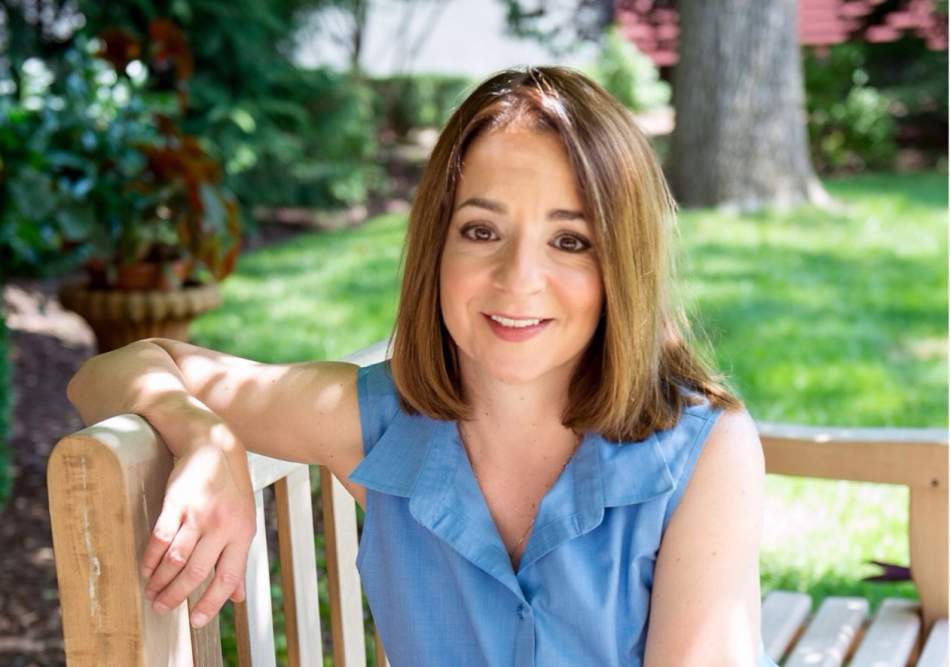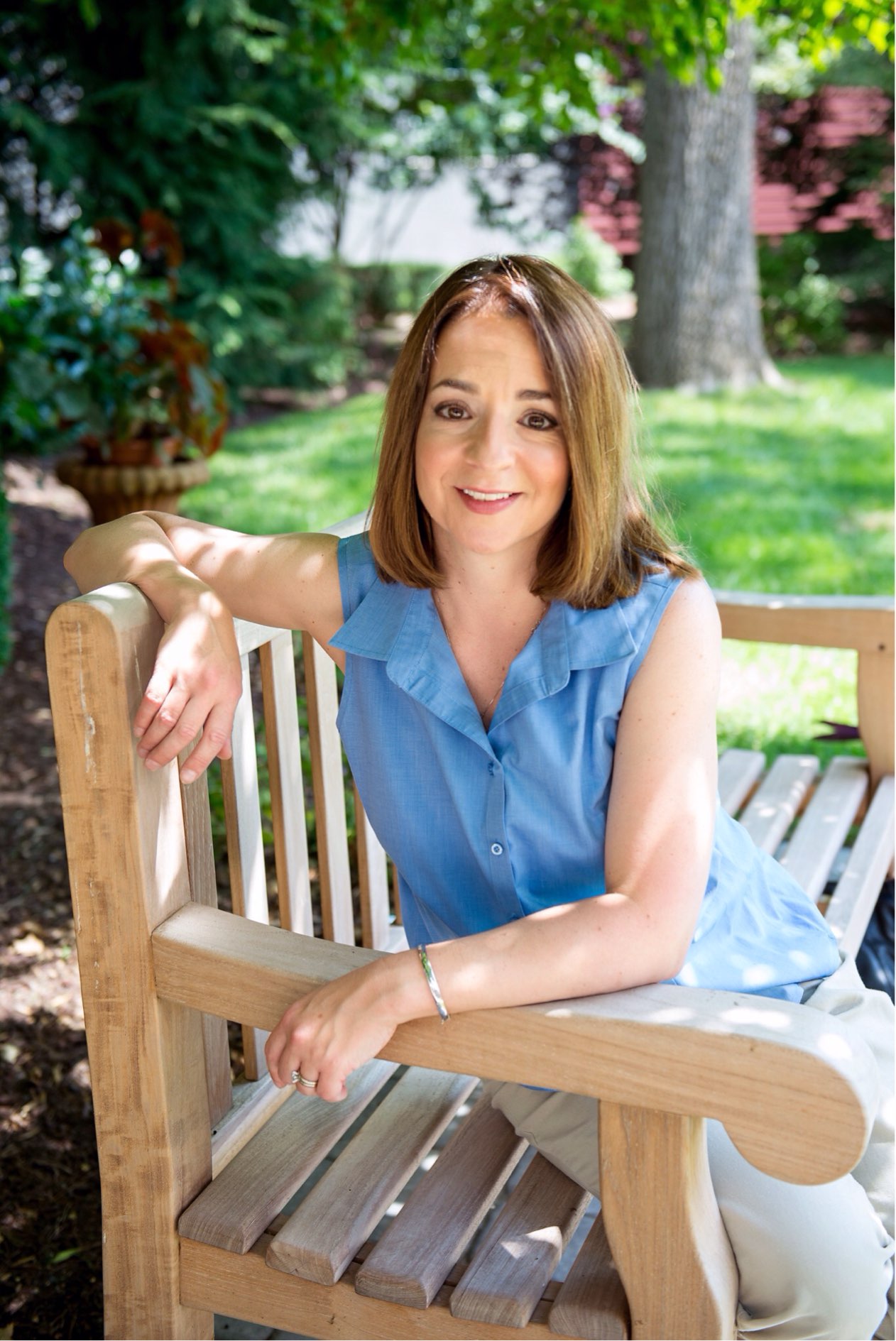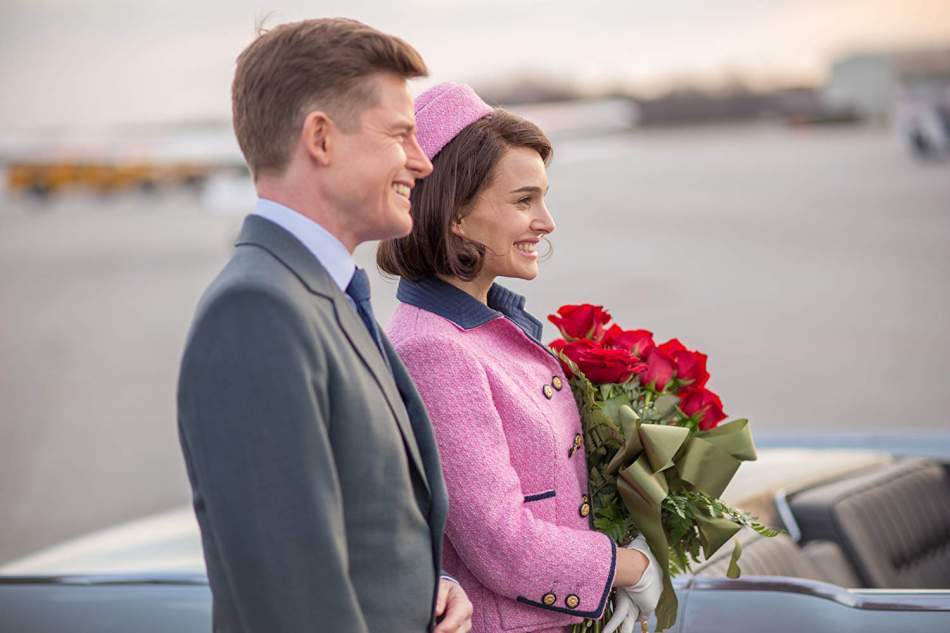The Lost Girls of Paris, interview with author Pam Jenoff
Daily / Interview - 22 April 2019
Pam Jenoff is a New York Times best selling author

The Lost Girls of Paris is the new book of Pam Jenoff. He published 11 novel, as The Orphan's Tale (2017), The Other Girl (2014), The Kommandant's Girl (2007).
Q. How did the idea of the novel The Lost Girls of Paris come about?
A. I generally write books centered around World War 2. My love for the period comes from years I spent as a diplomat in Poland working on Holocaust issues. I was looking for a topic for my next book when I stumbled upon the true story of the women who served as agents for Britain’s Special Operations Executive (SOE). I was immediately taken with the scope of their dangerous missions and the many women who had served so courageously. I was also struck by the fact that many had been captured and killed, and that there seemed to be some sort of betrayal that led to their downfall.
Look at the Gallery: Pam Jenoff books
Q. How did you learn about the lives of secret agents?
A. There are actually several non-fiction books that have been written about Special Operations Executive and the women who served it, including A Life in Secrets. I was able to use books and other research materials to learn how the girls were recruited, trained and deployed. Unfortunately, I didn’t have the chance to speak with any in person.
Q. You work at the Pentagon. How did your experience serve you in the novel?
I spent a year as the Special Assistant to the Secretary of the Army, supporting operations at the highest levels of government. During that time, I traveled to events commemorating the 50th anniversary of World War II around the globe, including in Bastogne, Slovakia and the Philippines. These experiences have inspired some of my books.
Q. Do you think the theme of the Holocaust is still interesting to tell?
A. The Holocaust is so compelling in its own right. The dire circumstances and stark choices make for some very compelling storytelling. There is also a rush to capture and tell the stories of Holocaust survivors now while we can, because those dear folks are getting up there in years. Even more fundamentally, the Holocaust provides important and compelling lessons for many issues we are facing today, including immigration, refugee and other human rights and humanitarian crisis.
Q. You lived in Krakow. What do you like and dislike about the city?
A. I lived in Krakow for almost 2 ½ years in the mid-1990s. It was right after Communism had ended and life was not easy – you couldn’t drink the water, air pollution was bad. But the people were so nice and opened their homes to me. And the history was so meaningful. It was an important period of my life that set the stage for all that was to come.
Q. What is your next project?
A. My next book is inspired by a true story of a young girl who survived the war in a sewer. It is still very early days, but please stay tuned!
© All right Reserved













